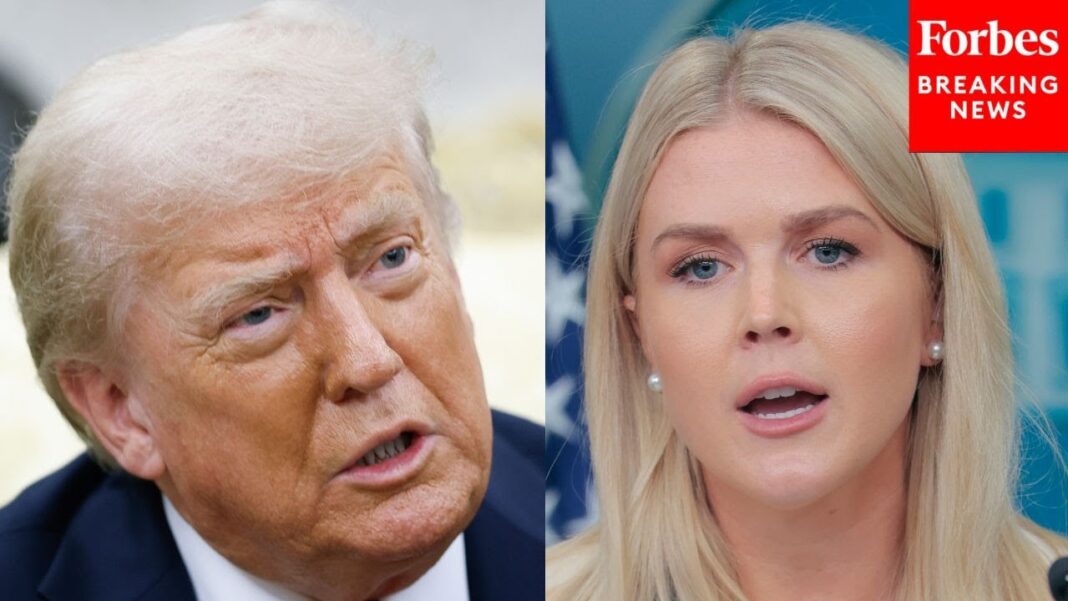Health Secretary Robert F. Kennedy Jr. and Secretary of State Marco Rubio announced the move.
The Trump administration said on July 18 that the United States is rejecting a World Health Organization (WHO) agreement that it says gives the global health body too much power.
Health Secretary Robert F. Kennedy Jr. and Secretary of State Marco Rubio announced the formal rejection of the 2024 amendments to the International Health Regulations (IHR).
“Nations who accept the new regulations are signing over their power in health emergencies to an unelected international organization that could order lockdowns, travel restrictions, or any other measures that it sees fit,” Kennedy said in a video statement. “In fact, it doesn’t even need to declare an emergency.”
The amendments to the regulations included introducing a new term—a pandemic emergency—that would trigger certain actions to respond to a pandemic, or events that could become a pandemic.
The WHO said after they were approved in 2024 by member countries—including the United States—that the amendments would “strengthen global preparedness, surveillance and responses to public health emergencies, including pandemics.”
According to U.S. officials, there was a deadline this month to reject the amendments, or they would have become binding on the United States, even though the country withdrew from the WHO earlier this year at President Donald Trump’s direction.
Rubio and Kennedy said in a joint statement that the amendments compel countries to adopt digital health documents and elevate political issues such as solidarity, rather than take quick and effective action.
“Our Agencies have been and will continue to be clear: we will put Americans first in all our actions, and we will not tolerate international policies that infringe on Americans’ speech, privacy, or personal liberties,” they said. “These amendments risk unwarranted interference with our national sovereign right to make health policy.”
The WHO did not return a request for comment.








